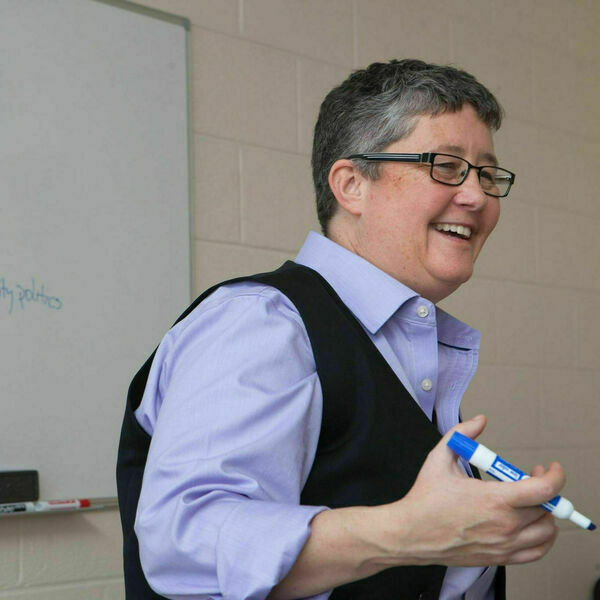At this moment in the history of race, reproductive health, and the law, adoption is rapidly becoming as political charged as abortion, with multiple positions that are deeply invested in understandings of historical questions.
Increasingly, public debate is contending with the belief that the Trump administration’s decision to take the children of asylum-seekers was not anomalous but belonged to a longer tradition. A case currently before the U.S. Supreme Court, Brackeen v. Haaland, raises related issues, challenging the Indian Child Welfare Act and articulating a conservative position that insists that the Act discriminates unfairly against white parents, while others insist that certain adoption policies participate in a history of anti-Indigenous imperialism and attempted genocide. Celeste Ng’s dystopian novel Our Missing Hearts theorizes child-taking as part of a history of racialized rightlessness that has sought to terrorize communities and peoples.
This talk explores these debates over the history and politics of child-taking, and asks how we can read them as symptomatic of a contemporary moment in white Christian nationalism and the thought of its critics.
LAURA BRIGGS is Professor of Women, Gender, Sexuality Studies at the university of Massachusetts, Amherst. She is an expert on US and international child welfare policy and on transnational and transracial adoption. Briggs's most recent book, Taking Children: A History of American Terror (University of California Press), examines the 400-year-old history of the United States’ use of taking children from marginalized communities—from the taking of Black and Native children during America’s founding to the Donald Trump’s policy of family separation for Central American migrants and asylum seekers at the U.S./Mexico border—as a violent tool for political ends.
